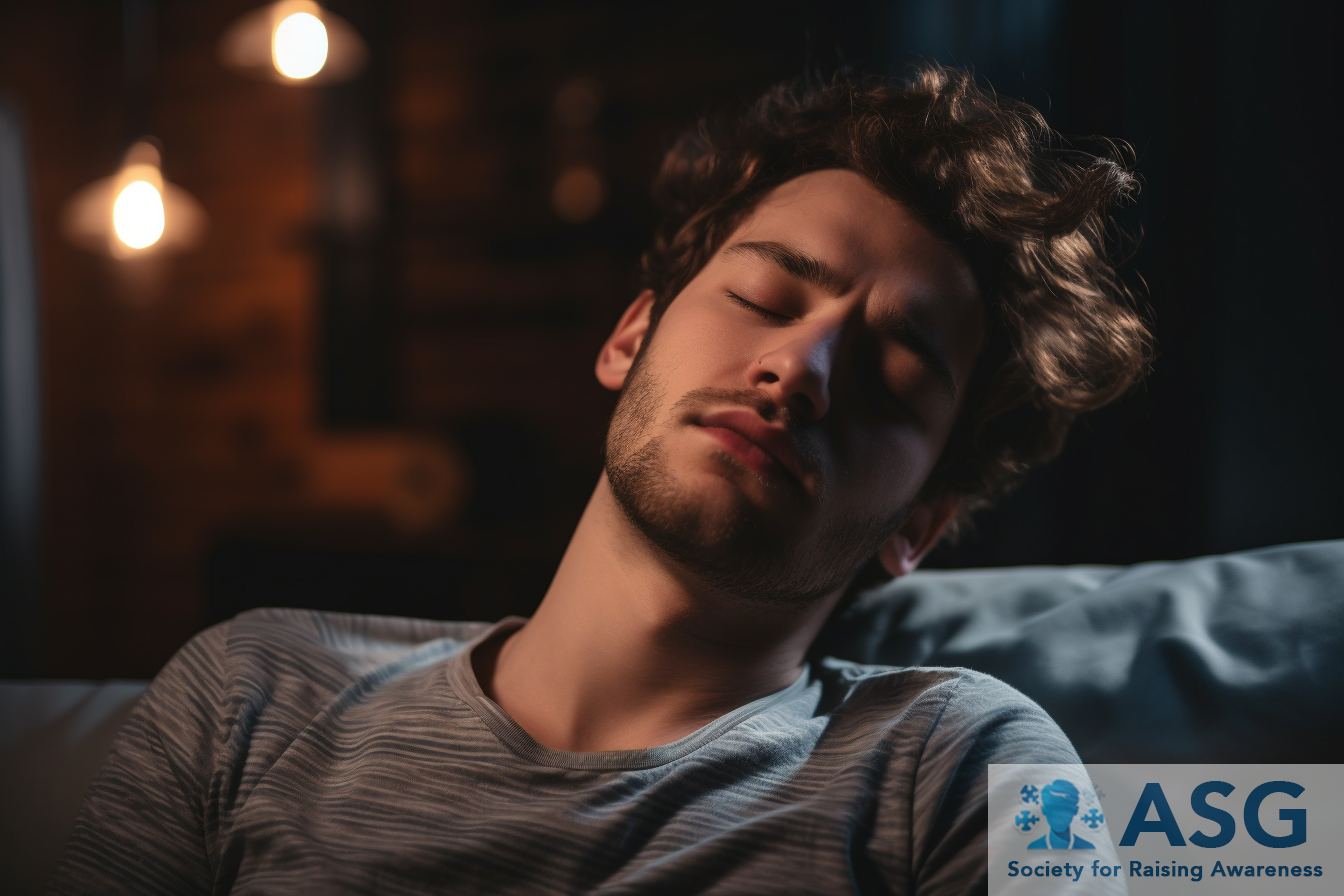Does Nootropics Make You Sleepy?

Dive into the world of nootropics, where cognitive enhancement meets unexpected drowsiness. As a seasoned fitness enthusiast, I've spent years experimenting with various supplements to boost my performance. Nootropics, often hailed as “smart drugs,” are designed to enhance cognitive function, promising improved focus, memory, and mental agility.
However, I've noticed a peculiar side effect – a wave of sleepiness washing over me.
An odd contradiction, isn't it? A supplement meant to heighten alertness, making you feel like curling up for a nap.
This paradoxical reaction isn't just my personal experience. Many other fitness buffs and biohackers have reported similar effects. It's a fascinating topic, ripe for exploration. What could be causing this unexpected drowsiness? Is it a common occurrence or a rare anomaly? Are there ways to counteract it?
Do Nootropics Cause Sleepiness?
Yes.
The effects of nootropics can vary based on several factors such as the type of nootropic, dosage, and individual physiological responses.
For instance, L-Theanine, a common ingredient in many nootropics, promotes relaxation without sedation. However, when taken in large doses, it may lead to feelings of drowsiness.
In the supplement industry, anecdotes abound about the effects of nootropics. One such tale involves a marathon runner who experimented with a nootropic blend to boost his mental stamina. Instead of feeling sleepy, he reported enhanced focus and a calmer mental state during his long runs.
Adrafinil, another popular nootropic, is known to increase alertness and wakefulness. However, its misuse or overconsumption could potentially lead to sleep disturbances, which underscores the importance of proper dosage and usage.
• Does the type of nootropic matter?
Yes, absolutely. Each nootropic has unique effects and potential side effects.
• Can nootropics improve sleep quality?
Some nootropics, like Melatonin, are used to regulate sleep cycles and improve sleep quality.
How to Counteract Nootropic-Induced Drowsiness?
Experiencing lethargy after consuming nootropics is a common concern amongst users. Nootropics, often labeled as ‘smart drugs', are known for their cognitive-enhancing properties. However, they can also induce sleepiness in some individuals, making it a double-edged sword.
The key to countering this lies in understanding the root cause. Nootropics work by influencing neurotransmitters in the brain, which can sometimes lead to an imbalance, causing fatigue. It's like hitting the gym for the first time; you're bound to feel some muscle soreness. But with proper management, you can overcome it.
Here are a few strategies to combat nootropic-induced drowsiness:
1. Dosage Adjustment: Start with a low dose and gradually increase it. This gives your body time to adjust, reducing the likelihood of experiencing drowsiness.
2. Hydration: Dehydration can exacerbate feelings of tiredness. Ensure you're drinking plenty of water throughout the day.
3. Healthy Diet: Consuming a balanced diet rich in vitamins and minerals can help counteract the effects of fatigue.
4. Exercise: Regular physical activity can boost energy levels and reduce feelings of sleepiness.
Remember, every individual's reaction to nootropics is unique. What works for one might not work for another.
Are Certain Nootropics More Likely to Cause Sleepiness?
Yes. This is often a surprising revelation, given the common perception of nootropics as cognitive enhancers designed to boost focus and productivity. However, it's crucial to understand that nootropics encompass a wide range of substances, each with its unique effects.
Take, for example, L-Theanine, a naturally occurring amino acid often found in green tea. It's renowned for its calming effects, promoting a state of relaxed alertness without the jitters associated with caffeine. While it doesn't directly cause sleepiness, it can certainly pave the way for a more restful slumber by reducing anxiety and promoting relaxation.
Another nootropic that can cause sleepiness is Phenibut. Originally developed in Russia, it's used to treat anxiety, insomnia, and a range of other conditions. However, it's worth noting that Phenibut can cause dependence and should be used with caution.
- Melatonin, a hormone that regulates sleep-wake cycles, is another substance often classified as a nootropic. It's frequently used as a sleep aid, particularly for those struggling with jet lag or insomnia.
On the contrary, nootropics like Modafinil and Racetams are known for their stimulating effects, making them unlikely to cause sleepiness. As with any supplement, it's crucial to understand the potential effects and side effects before making a choice. So, while some nootropics may indeed make you sleepy, others can do just the opposite.
It's all about finding the right fit for your unique needs and goals.
